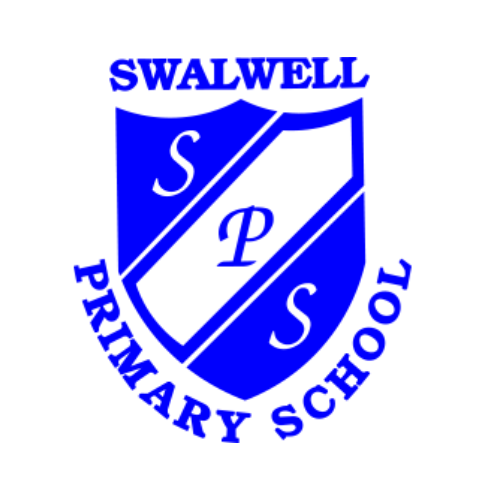History
Intent
At Swalwell Primary School, we believe that an engaging and relevant history curriculum inspires children to want to know more about the past and to think and act as historians. By linking learning to a range of topics, children have opportunities to investigate and interpret the past, understand chronology, build an overview of Britain’s past as well as that of the wider world, and to be able to communicate historically.
The history curriculum has been devised to make full use of resources within the immediate and wider local area enabling children to develop a deep understanding of the history of their locality. Topics are informed by the national curriculum and are sensitive to children’s interests, as well as the context of the local area. Our history curriculum is carefully planned and structured to ensure that current learning is linked to previous learning. We have key strands that run throughout the history curriculum and are revisited in different year groups and in different time periods, these are: Invasion, Monarchy and Empire, Civilisation and Society and Invention and Industry. By having these key strands we aim for children to have a deep understanding in key areas and remember more.
Implementation
In line with the national curriculum 2014, the curriculum at Swalwell Primary School aims to ensure that all pupils: Gain a coherent knowledge and understanding of Britain’s past and that of the wider world which helps to stimulate pupils’ curiosity to know more about the past; Are encouraged to ask perceptive questions, think critically, weigh evidence, sift arguments and develop perspective and judgement; Begin to understand the complexity of people’s lives, the process of change, the diversity of societies and relationships between different groups, as well as their own identify and the challenges of their time.
History is taught in blocks throughout the year, so that children achieve depth in their learning. Each week the children receive a minimum of 2 hours of history or geography teaching. Lessons are structured with an enquiry question for each lesson with children acquiring that knowledge before building on it the following lesson. Children are given a variety of experiences both in and out of the classroom where appropriate to create memorable learning opportunities and to further support and develop their understanding.
Impact
Pupil progress is assessed at the end of the unit of work, using a range of assessment techniques including: observations of pupils at work/questioning, pupils’ discussions or oral presentations of their work, pupils’ written, pictorial or graphical work, quizzes and structured activities.
Please see the links for the schools Medium Term Plan. If you would like any further information regarding our History curriculum then please contact the school.
Inclusion
At Swalwell we believe that all children should be fullyincluded in all aspects of learning. As such history lessons are delivered in a way to meet the needs of all children, using a combination of teaching methods to ensure that all children are able to access learning and are engaged in the topic. Whenever possible source materials will include real objects to allow children to access through touch as well as sight. Any printed material will be adjusted to allow access to all, such as increasing font size or changing backgrounds. Children will receive adult support when required to access the learning and technology is made good use of to allow access for all through personal IPADs for those who require them. All activities, including educational visits and group activities are carefully planned to ensure that all children can access all aspects of the experiences.
History Champions
We currently have 6 History Champions, who support their peers, promote confidence within History, discuss plans and ideas for the subject, share their views and help to deliver assemblies.
